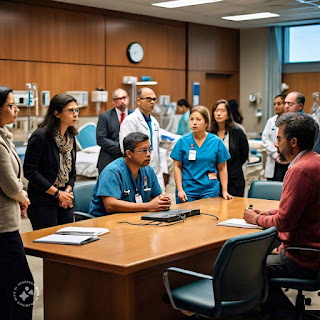The overuse and misuse of antibiotics have fueled the rise of antibiotic-resistant bacteria, posing a serious global threat.These resistant bacteria render antibiotics ineffective, making common infections difficult or impossible to treat.
Combating antibiotic resistance requires a multi-pronged approach:
Antibiotic Stewardship: Promoting the judicious use of antibiotics in human and animal medicine is critical. This includes using antibiotics only when necessary, selecting the right antibiotic for the specific infection, and completing the entire course of treatment as prescribed.
Antibiotic Development: Research and development of new antibiotic classes are urgently needed to stay ahead of emerging resistance. This requires increased investment and public-private partnerships to incentivize the development of novel antibiotics.
Infection Prevention: Implementing effective infection control measures in hospitals and other healthcare settings can significantly reduce the spread of antibiotic-resistant bacteria.
Alternative Therapies: Exploring alternative therapies, such as phage therapy (using viruses to target bacteria) and antimicrobial peptides, holds promise as potential weapons against antibiotic-resistant infections.
Addressing antibiotic resistance is a global responsibility. By implementing these strategies and fostering international collaboration, we can slow the emergence of resistance and ensure the continued effectiveness of these life-saving drugs.



Social Plugin